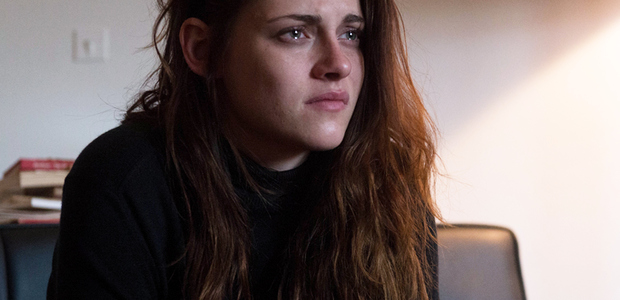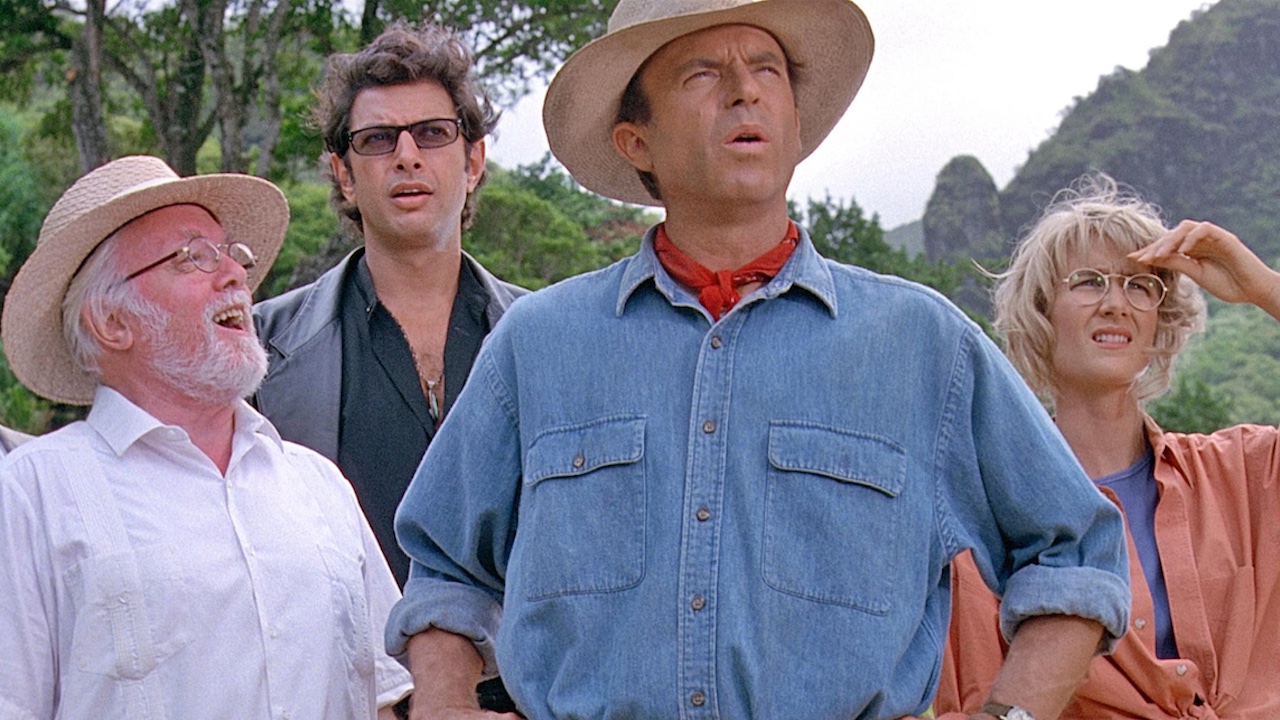As the title implies, writer/director Tim Blake Nelson’s Anesthesia is about people walking through life numb, barely awake. In this sprawling web of interconnected stories, sometimes this is the result of drugs — heroin, weed, wine — the suburban diaspora, or even intellect, filtering the world through layers of philosophy, ideas, and intellect without ever actually experiencing any of it.
Nelson, most known as an actor with roles in the likes of O Brother, Where Art Thou? and The Incredible Hulk, has made a movie about what happens when people can no longer exist in this haze, a movie about the wake up calls. Across the board this includes cancer, violence, drug treatment, cheating spouses, and more. What do we do when we can’t anesthetize ourselves any longer? What does it truly mean to live and be alive, and why?
These big, abstract existential questions are at the core of Anesthesia, an ambitious movie to be sure, but spread out across numerous story threads, these ideas are never explored in any great depth. Though a fantastic cast largely delivers strong performances, you’re ultimately left wondering what point Nelson and company are trying to make, or if they even have one.
Piece by piece, we meet a loose array of people. They’re all linked, some through familial connections, others via happenstance; some bonds are immediately apparent, while others take their time being revealed. Sam Waterston plays Walter Zarrow, a philosophy professor at Columbia University who, after years of being buried in books, is going to retire to spend his remaining years with his wife, Marcia (Glenn Close); Kristen Stewart plays an isolated graduate student who burns herself just to feel something, anything; Nelson plays Walter’s son, who’s wife (Jessica Hecht) has a health scare that jolts their family, including stoner genius son (Ben Konigsberg) and sullen daughter (Hannah Marks). Jeffrey (Michael Kenneth Williams) plays a high-powered lawyer trying to save a junkie childhood friend (K. Todd Freeman); Gretchen Mol is a dissatisfied suburban mom caught up in the bitchy ambitions of her cohorts, taking the edge off with booze; and Sam (Corey Stoll) is a man vaguely disappointed with life, clinging to whatever comforts he can find.
If this sounds like a lot, perhaps even too much, it is. While these individual stories, many of which resemble short snippets of a play in both writing and staging, are fine and often even engaging on their own, there’s simply so many balls in the air that it is easy to lose track of them. Threads are gone for a good long while, pop up for a moment to remind you of their existence, then dissipate once again in short order.
Like the grand philosophical ideas, we never spend enough time with any of these people to get a fully fleshed out idea of them as individuals—Glenn Close, for example, has nothing to do. The result is that each brief interaction—Anesthesia bounces quickly from one scene to another with the most tenuous connective thematic threads—plays like a mouthpiece for a specific worldview or outlook, like a philosophical grab bag.
Though Anesthesia could easily be pared down to smooth out the pace — even at a relatively sparse 89-minutes — it never fully bogs down. A level of angst and anger about the state of the world runs beneath the surface, and while the mood and magnitude of the idea could have been an anchor, there’s a humanity that never allows it to fall fully into hopelessness. As Walter is the true center around which the rest of the film revolves, Sam Waterston also leads the way, bringing a kindness and compassion that has a magnetic effect.
Your Daily Blend of Entertainment News
Anesthesia may not be a masterpiece or an in-depth treatise on isolation and the plight of modern society, but, scattered as they are, these individual scenes ultimately form an intelligent, moderately involving mosaic. If you look too close, you’ll see a mess of ideas and themes, random connections, and jagged edges, but if you step back, these splotches form a pleasing enough picture.


